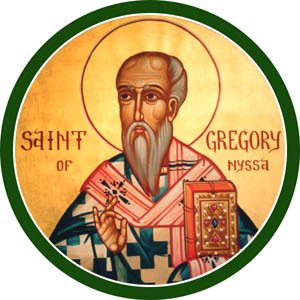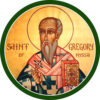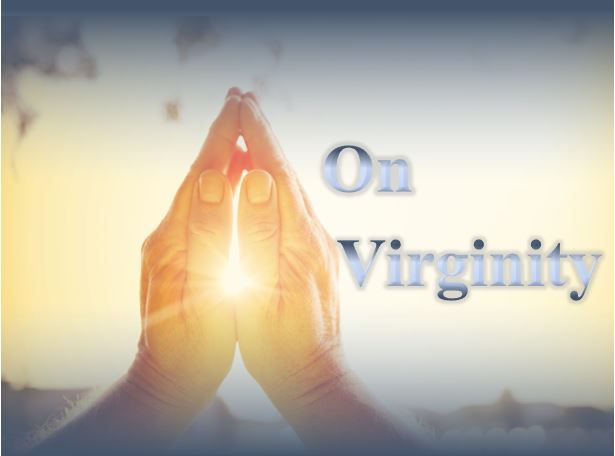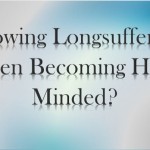The holy look of virginity is precious indeed in the judgment of all who make purity the test of beauty; but it belongs to those alone whose struggles to gain this object of a noble love are favoured and helped by the grace of God. Now if the achievement of this saintly virtue consists in …
The holy look of virginity is precious indeed in the judgment of all who make purity the test of beauty; but it belongs to those alone whose struggles to gain this object of a noble love are favoured and helped by the grace of God.
Now if the achievement of this saintly virtue consists in making one without blemish and holy, and these virtues are adopted in their first and fullest force to glorify the incorruptible God, what greater praise of virginity can there be than thus to be shown in a manner deifying those who share in her pure mysteries, so that they become partakers of His glory Who is in actual truth the only Holy and Blameless One
Deep indeed will be the thought necessary to understand the surpassing excellence of this grace. It is understood in the idea of God the Father; and here at the outset is a paradox, that virginity is found in Him, Who has a Son and yet without passion has begotten Him. It is included too in the nature of this Only-begotten God, Whom it shines forth equally in His pure and passionless birth. Again a paradox; that the Son should be known to us by virginity. It is seen, too, in the inherent and incorruptible purity of the Holy Spirit; for when you have named the pure and incorruptible you have named virginity.
This, I think, was the reason why our Master, Jesus Christ Himself, the Fountain of all innocence, did not come into the world by wedlock. It was, to divulge by the manner of His Incarnation this great secret; that purity is the only complete indication of the presence of God and of His coming, and that no one can in reality secure this for himself, unless he has altogether estranged himself from the passions of the flesh. What happened in the stainless Mary when the fullness of the Godhead which was in Christ shone out through her, that happens in every soul that leads by rule the virgin life. No longer indeed does the Master come with bodily presence; we know Christ no longer according to the flesh (2 Corinthians 5:16); but, spiritually, He dwells in us and brings His Father with Him, as the Gospel somewhere tells. Seeing, then, that virginity means so much as this, that while it remains in Heaven with the Father of spirits, and moves in the dance of the celestial powers, it nevertheless stretches out hands for man’s salvation; that while it is the channel which draws down the Deity to share man’s estate, it keeps wings for man’s desires to rise to heavenly things, and is a bond of union between the Divine and human, by its mediation bringing into harmony these existences so widely divided— what words could be discovered powerful enough to reach this wondrous height?
What lesson, then, results from these remarks? This that we should wean ourselves from this life in the flesh, which has an inevitable follower, death; and that we should search for a manner of life which does not bring death in its train. Now the life of Virginity is such a life. We will add a few other things to show how true this is.
The physical bringing of children into the world— I speak without wishing to offend— is as much a starting-point of death as of life; because from the moment of birth the process of dying commences. But those who by virginity have abstained from this process have drawn within themselves the boundary line of death, and by their own deed have limited the advance of death; they have made themselves, in fact, a frontier between life and death, and a barrier too, which hinders death. If, then, death cannot pass beyond virginity, but finds his power restrained and shattered there, it is demonstrated that virginity is a stronger than death.
In fact, the Life of Virginity seems to be an actual representation of the blessedness in the world to come, showing as it does in itself so many signs of the presence of those expected blessings which are reserved for us there.
Join Us: Sign Up Today!
Tags:












